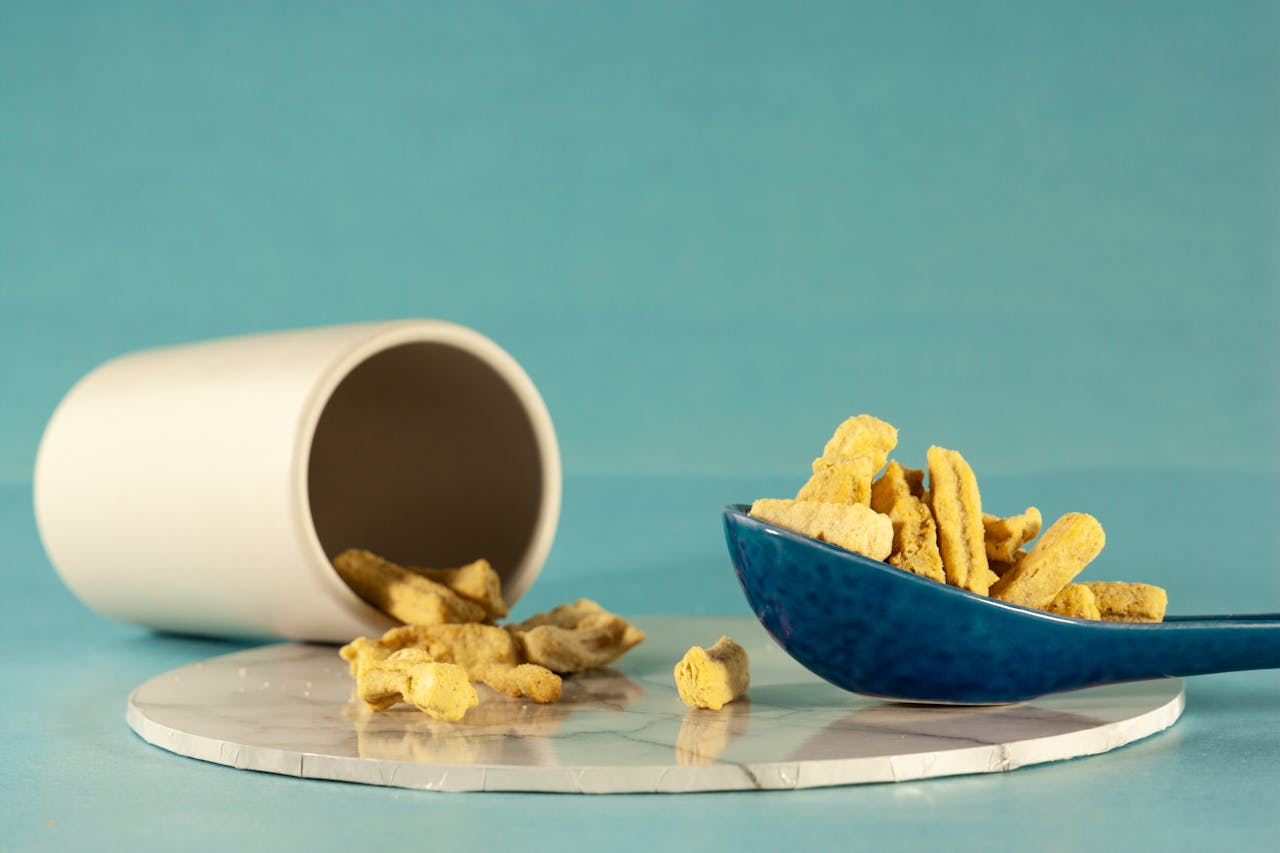
Every time you shop, you trust that the products on the shelves are labeled honestly. Yet, even everyday items can carry claims that stretch the truth or mislead shoppers. The Food and Drug Administration (FDA) has flagged many popular products for labeling that could confuse or trick consumers. Understanding which products have been called out for misleading information helps you make smarter choices for your family. This article highlights 10 everyday products that were labeled “misleading” by the FDA and explains what went wrong with each one. By knowing what to look for, you can shop with more confidence and avoid falling for marketing tricks.
1. Vitaminwater
Vitaminwater has been a popular drink for those seeking a healthy alternative to soda. However, the FDA labeled it misleading due to its claims of being a health drink while containing high amounts of sugar. The label suggested benefits like “defense” or “energy,” but the sugar content rivaled that of soft drinks. This misrepresentation led to consumer confusion about its actual health impact, making it one of the most well-known misleading products flagged by the FDA.
2. Cheerios
Cheerios is a staple in many households, often marketed as heart-healthy. The FDA sent a warning letter to the makers of Cheerios for promoting claims that the cereal could lower cholesterol and reduce heart disease risk. The agency stated that these statements made Cheerios look more like a drug than a food. This is a classic example of how misleading products can blur the line between food and medicine, prompting regulatory action.
3. Activia Yogurt
Activia Yogurt, produced by Dannon, advertised special probiotic benefits, such as regulating digestion. The FDA and Federal Trade Commission (FTC) found these claims to be exaggerated and not fully supported by scientific evidence. As a result, Dannon had to change its marketing and pay a settlement. This case shows that even products with some health benefits can become misleading products if their advertising overstates the facts.
4. Rice Krispies Cereal
Rice Krispies claimed to boost immunity, a statement the FDA found misleading. The cereal company used the presence of certain vitamins and minerals to suggest that eating Rice Krispies would help prevent illnesses. However, the FDA determined that the evidence did not support these claims. This led to the removal of these statements from packaging, once again highlighting the importance of honest labeling.
5. Gerber Good Start Gentle Infant Formula
Parents want the best for their babies, but even infant formula can be a misleading product. Gerber claimed its Good Start Gentle Infant Formula could prevent allergies, a claim not supported by the required scientific evidence. The FDA took action, warning parents that such statements could lead to mistaken beliefs about the product’s health benefits.
6. Pom Wonderful Juice
Pom Wonderful, a pomegranate juice, made bold claims about preventing heart disease and prostate cancer. The FDA flagged these as misleading, since the statements were not backed by sufficient scientific proof. This led to a high-profile case and changes in how Pom Wonderful could market its juice. Consumers were reminded to be cautious, even with products that seem natural and healthy.
7. Nutella
Nutella, the beloved chocolate hazelnut spread, markets itself as a “healthy” breakfast option. The FDA, along with consumer lawsuits, challenged these claims due to the spread’s high sugar and fat content. Nutella was required to modify its advertising and clarify its nutritional profile. This is another example of misleading products that appear healthier than they really are.
8. Campbell’s Healthy Request Soup
Campbell’s Healthy Request Soup was promoted as a heart-healthy option. The FDA found that the sodium content was too high for such a claim. The company had to adjust its labeling and advertising to comply with FDA guidelines. This situation underscores how even classic comfort foods can be misleading products if their health claims don’t match their ingredients.
9. Snapple “All Natural” Drinks
Snapple labeled many of its drinks as “all natural,” but the FDA objected because some contained high fructose corn syrup. The use of “all natural” misled consumers who assumed the drinks contained only natural ingredients. After FDA scrutiny, Snapple had to revise its labels. This case is a reminder that terms like “natural” are not always straightforward on misleading products.
10. Froot Loops Cereal
Froot Loops, a colorful children’s cereal, used to claim it was “made with real fruit.” The FDA found this misleading since the product contained no actual fruit, only artificial flavors and colors. The company was forced to drop the claim, teaching parents to check labels carefully for misleading products that target kids.
How to Spot Misleading Products on Store Shelves
Learning about misleading products flagged by the FDA helps you navigate the grocery store with a sharper eye. Always read the ingredient list and be wary of claims that sound too good to be true. Phrases like “natural,” “boosts immunity,” or “clinically proven” may not always stand up to scrutiny. If you want to dig deeper, resources like the FDA’s Consumer Updates can help you spot misleading products before you buy.
Have you ever bought something that turned out to be a misleading product? Share your experience in the comments below!
Read More
Grocery Chains Sued For Mislabeling How Trustworthy Are Your Food Labels
10 Ways Limited Time Promotions Can Be Misleading And How To Spot A Real Deal
The post 10 Everyday Products That Were Labeled “Misleading” by the FDA appeared first on Grocery Coupon Guide.






